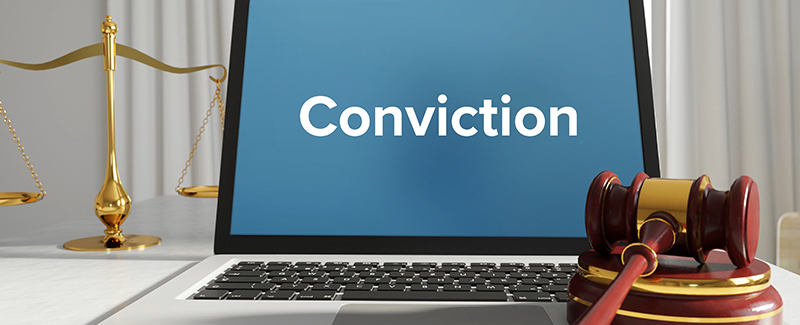Despite popular belief, there is no law that requires a US citizen to carry identification at all times. Identification is only required if you drive a vehicle or fly on a commercial airline. Let’s say you aren’t on a flight nor driving a car and a policeman asks for your ID. Are you legally obligated to show the officer your ID?
Some officers may approach an individual because the officer believes the individual has information concerning a crime, because the officer has reasonable suspicion or probable cause that the individual is involved in a crime, or occasionally out of sheer friendliness. These instances are referred to as “consensual interviews” and an individual is NOT legally obligated to provide an officer with identification in this instance. In a consensual interview, the individual is free to leave at any time. If you are unsure whether or not you are involved in a consensual interview, just ask the officer if you’re free to go. If he says yes, you are not obligated to show your ID.
If your freedom is removed because you have committed, are committing, or are about to commit a crime, you are considered “detained.” Whether or not an individual is obligated to provide identification depends on individual state laws. If your state has “stop and identify” laws, or laws that require detained individuals to provide identification, you can be arrested for refusing to show ID. Just because you are required to show ID does not mean you are required to answer each and every question. Protect yourself by searching identification laws specific to your state.
If you have been formally arrested, you must provide identification. At this point, your right to silence is the most beneficial exercisable right. Avoid hiccups by looking up your rights regarding consensual interviews, detainment, and formal arrests.







